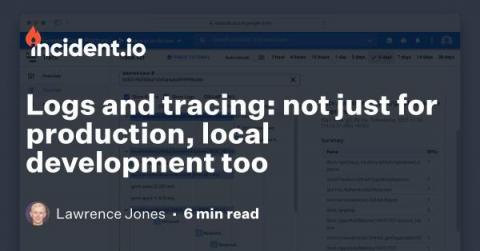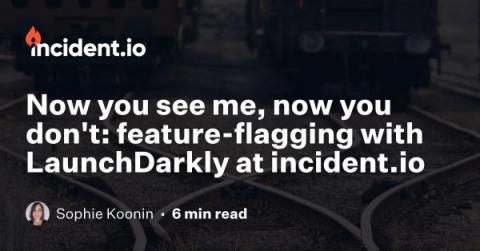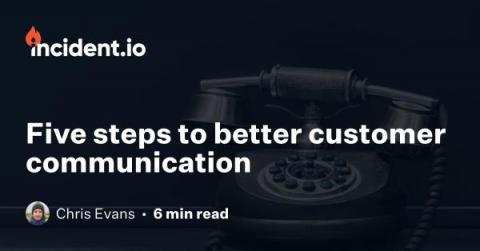5 ways incidents made me a better engineer
Incidents are a great opportunity to gather both context and skill. They take people out of their day-to-day roles, and force ephemeral teams to solve unexpected and challenging problems. In my career, I've found incidents can be a great accelerator - for both myself and others around me. It was after leading my first incident at GoCardless that I started to feel really comfortable in the codebase and the team.






